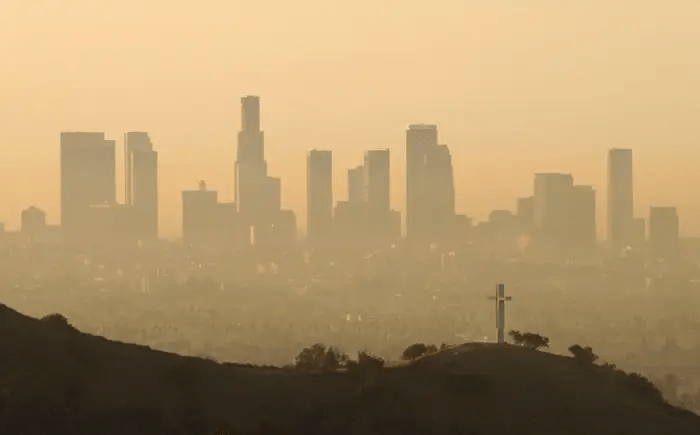In Short : In a new report by the World Economic Forum, climate change and misinformation are identified among the top 10 global risks of 2024. This highlights the pressing need for concerted efforts to address environmental challenges and combat the spread of misinformation on a global scale.
In Detail : The report paints a gloomy picture of the world, highlighting two major crises: climate issues and conflicts. These challenges unfold against a backdrop of fast-paced technological changes and economic uncertainty.
The world is facing a series of overwhelming challenges that seem difficult to overcome. From wars and political divisions to the ongoing struggles with living expenses and the escalating effects of climate change, the global landscape is becoming increasingly unstable.
Amid these uncertainties, the World Economic Forum’s Global Risks Report 2024 provides crucial insights into the most pressing issues. These findings shed light on the paramount challenges that people in every region of the world are grappling with, emphasizing the urgent need for collective efforts to navigate and overcome these multifaceted global risks.
The Global Landscape
The report highlights two major crises: climate issues and conflicts. These challenges unfold against a backdrop of fast-paced technological changes and economic uncertainty.
The insights are based on a survey by the World Economic Forum, gathering opinions from around 1,500 global experts in academia, business, government, and civil society. The survey reveals a lack of optimism, with over half (54 per cent) expecting significant instability and moderate risks of global disasters. Another 30 per cent foresee things worsening, predicting upcoming global catastrophes and a “stormy” or “turbulent” period in the next two years. Looking ahead to 2034, almost two-thirds (63%) anticipate a world marked by storms or turbulence.
While climate-related risks are still a big issue, the immediate threat is seen in misinformation and disinformation. The worry here is that AI, if misused, could flood global information systems with false stories, causing problems in society and politics.
Over the next two years, the report predicts that foreign and domestic actors might use misinformation to create divisions, especially with elections happening in major countries like the United States, India, and the United Kingdom.
The report warns that spreading false information globally could lead to civil unrest and, in response, governments might enforce censorship and controls on information flow.
Long-Term Outlook: Climate-Related Risks
In the longer 10-year outlook, climate-related risks take centre stage, making up five of the top 10 threats as the world approaches critical “climate tipping points.” Extreme weather events are at the top, posing a risk because nations aren’t ready for potential, irreversible changes caused by global warming, expected by the early 2030s.
Other Risks
Other immediate risks include the high cost of living, cyberattacks, and increasing polarization of views. While extreme weather is seen as an urgent threat, opinions differ on how quickly we need to act on other climate-related risks, like losing biodiversity and ecosystem collapse. Younger respondents are more worried, raising concerns that delaying action might mean missing crucial opportunities for meaningful change.
Solutions:
With trust dwindling and increasing political divisions, working together to address global risks becomes tougher. The report suggests that solutions could come from more localized teamwork among nations, businesses, and even individuals.
However, recognizing the vast economic, political, and environmental challenges, the report emphasizes that “cross-border collaboration at scale remains critical for risks that are decisive for human security and prosperity.”
This emphasis on global cooperation will be a central theme at the 2024 World Economic Forum’s Annual Meeting in Davos, Switzerland, focusing on “Rebuilding Trust.” The program encourages a “back to basics” approach, promoting open and constructive discussions among government, business, and civil society leaders.

